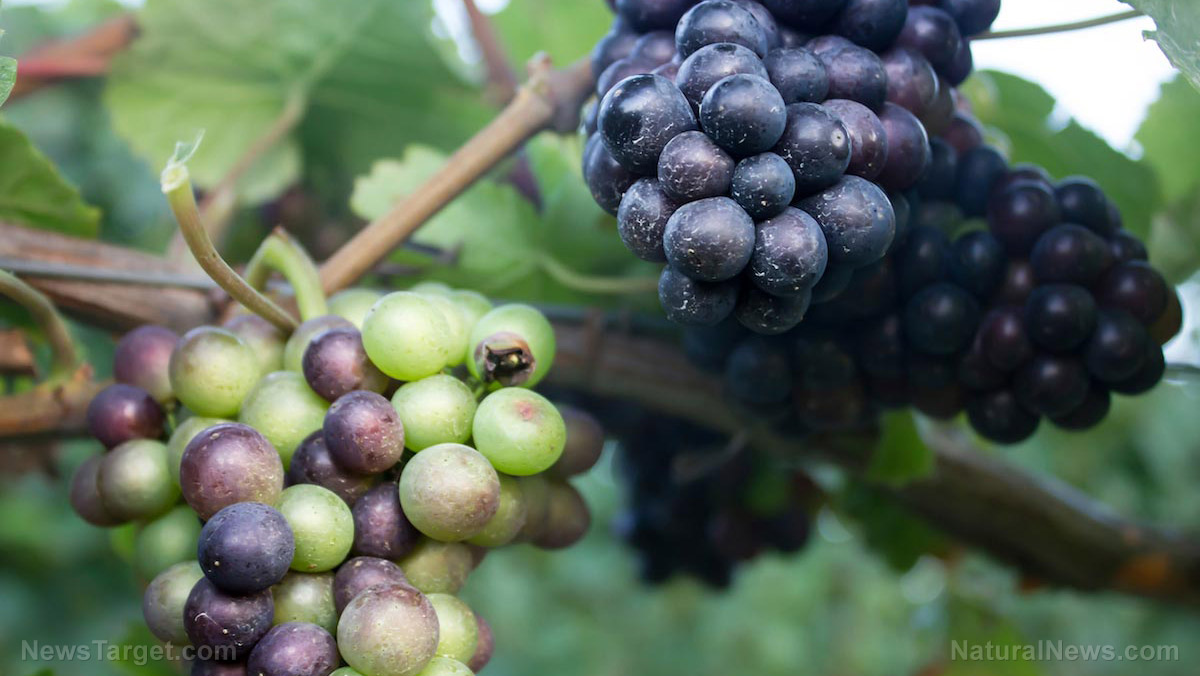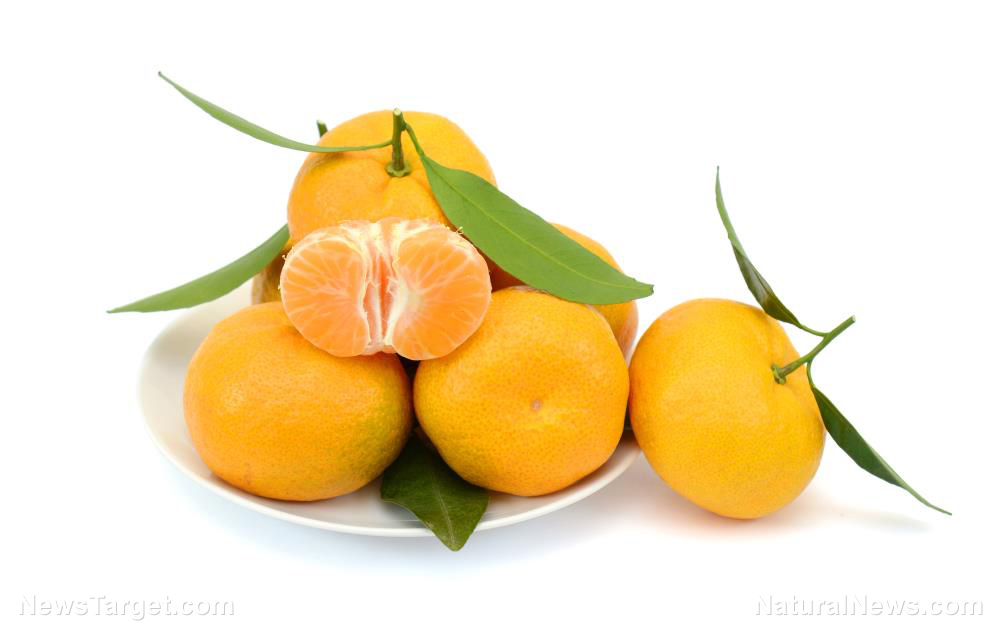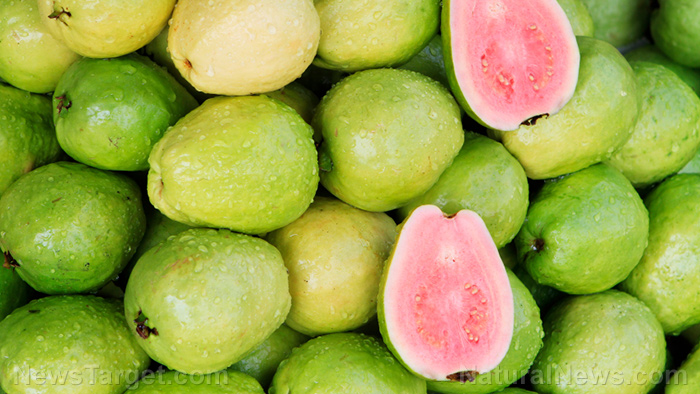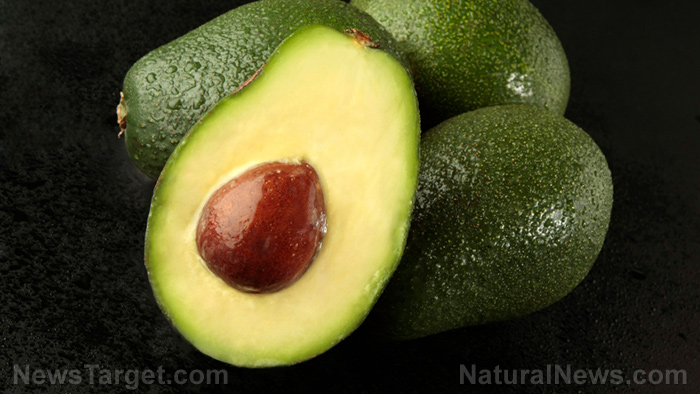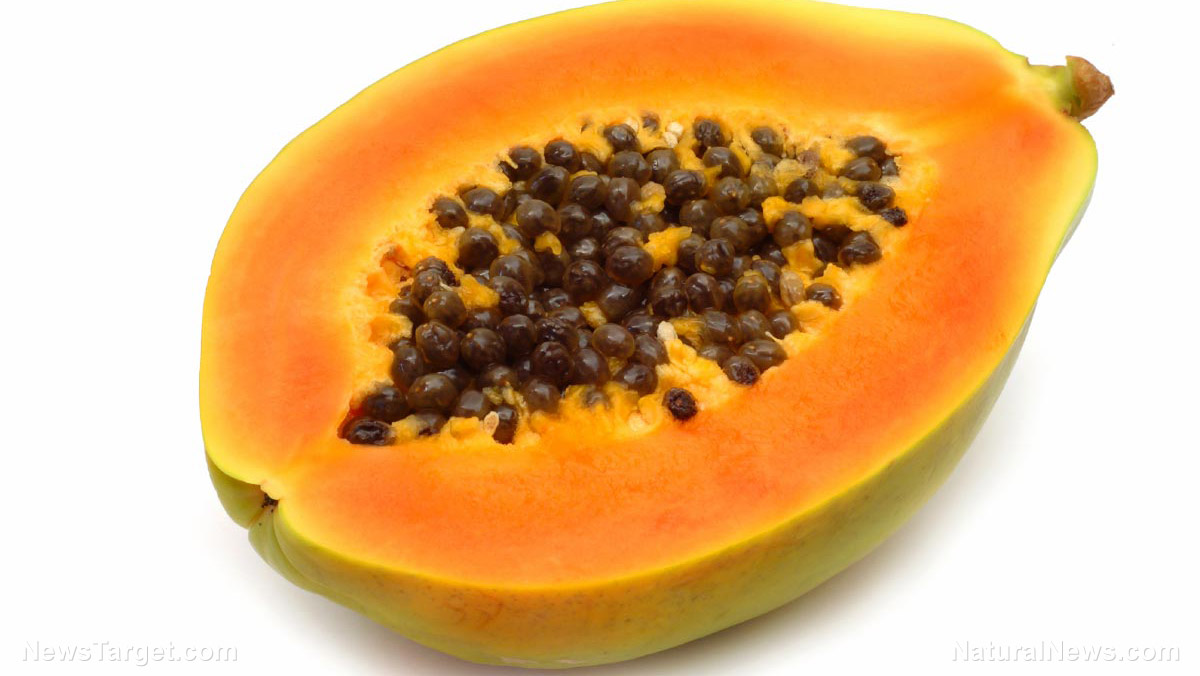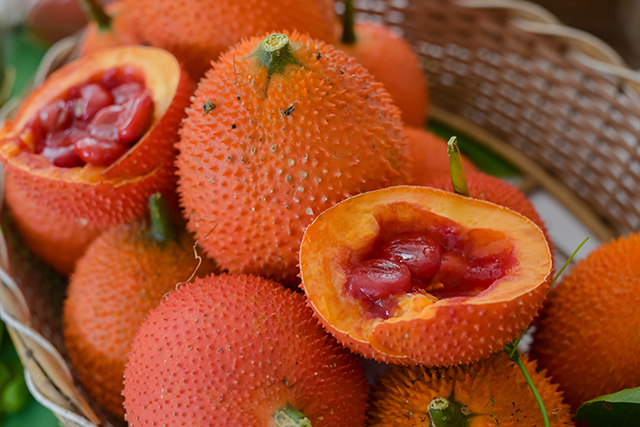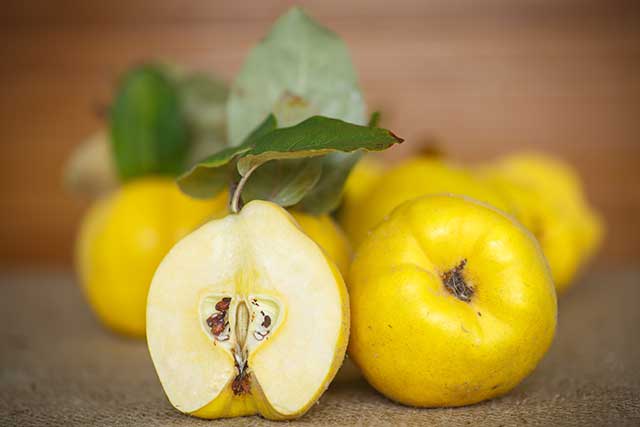Yummier and juicier: Using natural fertilizers increases fruit yield and size
04/16/2018 / By Jessica Dolores

Do you want your farm or garden-grown fruits to become yummier and juicier? Use organic fertilizer, not chemical-based ones. A field experiment in a south farm in Vanavarayar Institute of Agriculture, Manakkadavu, Pollachi, Tamil Nadu in India showed that using acid lime as fertilizer resulted in the highest harvest of fruits per tree. Panchakavya, an organic product that can promote growth and provide immunity to plants as fertilizer, made fruits heavier and longer. It also raised the plants’ juice and ascorbic acid content.
These findings support what farmers knew all along: chemical fertilizers can’t help them yield better harvests. That’s because their continued use depletes soil, which leads to acidity and makes essential nutrients leech from the soil.
This is where organic fertilizers can help. Organic, or natural fertilizers reduce soil acidity and do not lead to leaching. They do not destroy good microorganisms in the soil. They help boost the structure of the soil by improving air circulation. This, in turn, sustains microorganisms which help release nutrients to the soil. They also improve water drainage, which most plants need to grow well and produce healthy fruits.
There are many kinds of organic fertilizers farmers and gardeners can avail of. Here are some of them.
- Compost — Compost, the most popular kind of organic fertilizer, acts as the backbone of an organic gardening program. You can make one on your own by using decomposed plant matter like vegetable and fruit peels, egg shells, coffee grounds, and other organic scraps. This makes you save on costs while keeping your plants healthy. No matter the source, compost gives soil a balanced mix of important nutrients like nitrogen, phosphorus, and potassium.
- Manure — Manure works two ways: It provides essential nutrients to the soil, and enhances its quality and ability to retain water. Manure for organic gardening usually comes from livestock animals like cattle, chickens, horses and sheep. Bat and bird guano are also good organic fertilizers. Manure may bring food-borne diseases, though. So you can opt for composted manure or use fresh manure way ahead of harvest time (60 days or more) instead.
- Marine byproducts — Marine byproducts also provide different nutrients to soil. Fish emulsion from partially decomposed ground fish is rich in nitrogen, and can enhance soil quality. Fish scrap is another marine byproduct and organic fertilizer rich in nitrogen and phosphorus. Seaweed extracts, for their part, contain nitrogen and potassium plus trace elements to soil. They don’t emit a strong smell the way fish derivatives do.
- Mulch — This organic fertilizer comes from grass clippings, shredded leaves, and old hay. Grass clippings treated with herbicide should not be used to make mulch, however. Yearly application of mulch, together with compost, will enhance the soil’s ability to absorb nitrogen and other nutrients. It will also keep pesky weeds away.
With these organic fertilizers around, who needs soil chemicals to keep plants healthy, and fruits simply irresistible?
Sources include:
Tagged Under: chemical fertilizer, chemical fertilizers, compost, fruit orchards, fruits, gardening practices, gardening tips, good microorganisms, harvest, Healthy soil, manure, marine byproducts, mulch, Organic Fertilizer, organic gardening, organic products, organics, Panchakavya, permaculture


